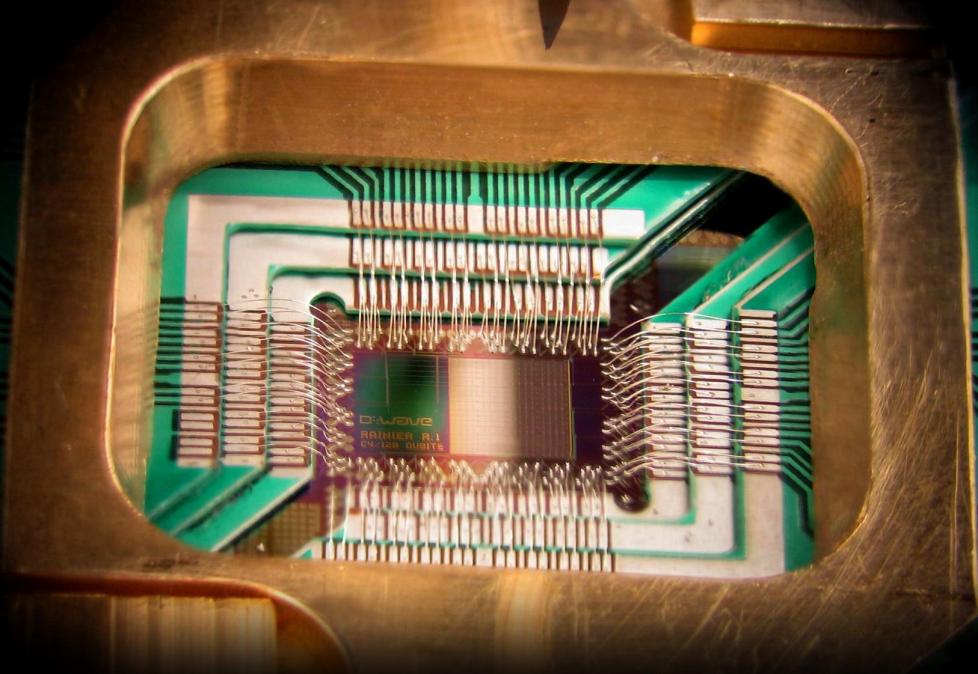Air Force issues 17 quantum science grants for basic research

The Air Force issued 17 quantum information science grants to researchers at academic and technology institutions for what the service sees as a game-changing emerging technology.
The grants are a part of ongoing efforts by the Air Force to boost the understanding of particle physics and its impact on computing. They focus on basic research, with many of the funded projects looking at how sub-atomic particles could create high-powered compute capabilities and secure communications systems.
The department’s “Million Dollar International Quantum U Tech Accelerator” kickoff event was held in September, but the money for the latest grants was only recently approved, according to a release from the Air Force.
The 17 grants gave recipients approximately $75,000, a small sum for the multibillion-dollar department, but the Air Force has “fast-tracked” quantum grants as it begins to place a higher priority on quantum technology research. Most of the recipients work at U.S. academic institutions. Funding also came from research at the Office of Naval Research and New York state technology offices.
“[The Air Force Office of Scientific Research] has a long history of collaborating with academia and industry on breakthrough science critical to the future of the Air Force and Space Force capabilities,” said Shery Welsh, director of the Air Force’s Office of Scientific Research. “We are thrilled to have supported the Million Dollar International Quantum U Tech Accelerator competition as it served as a perfect entry point for us to find talented, entrepreneurial, and energetic researchers dedicated to finding creative solutions that go beyond the classical Quantum Information Science (QIS) systems.”
Other parts of the military have recently started to work on quantum issues. The Defense Information Systems Agency is starting to research quantum-proof encryption methods that would be able to keep communications secure in a world where some computers could have the power to break traditional keys, DISA officials said in December.




